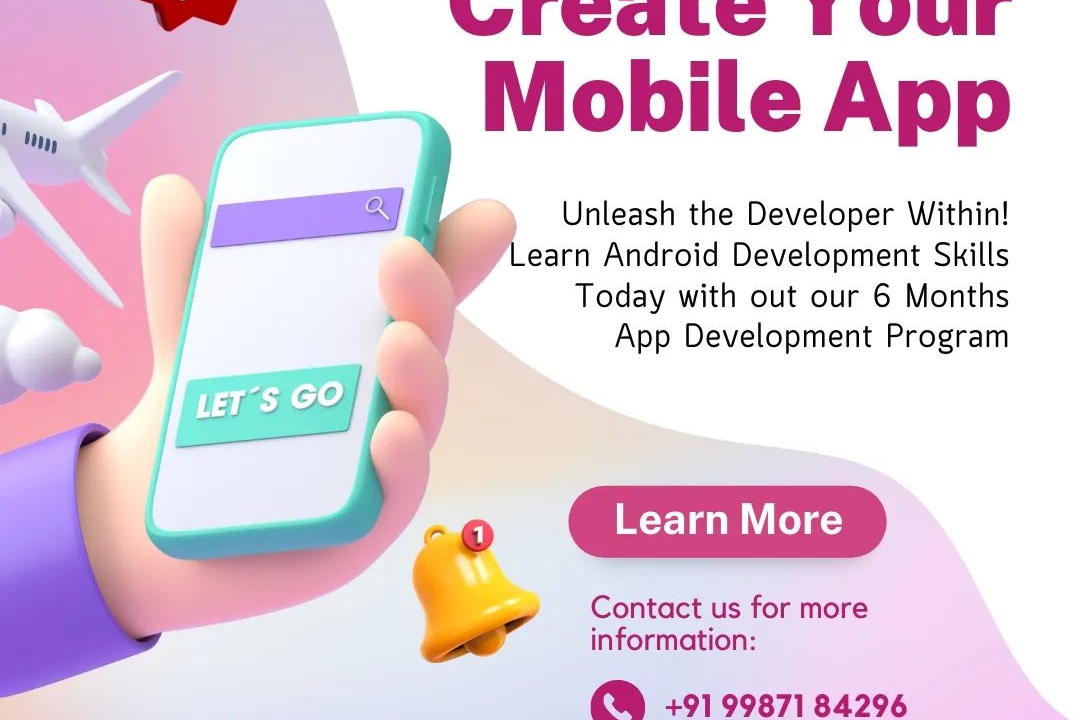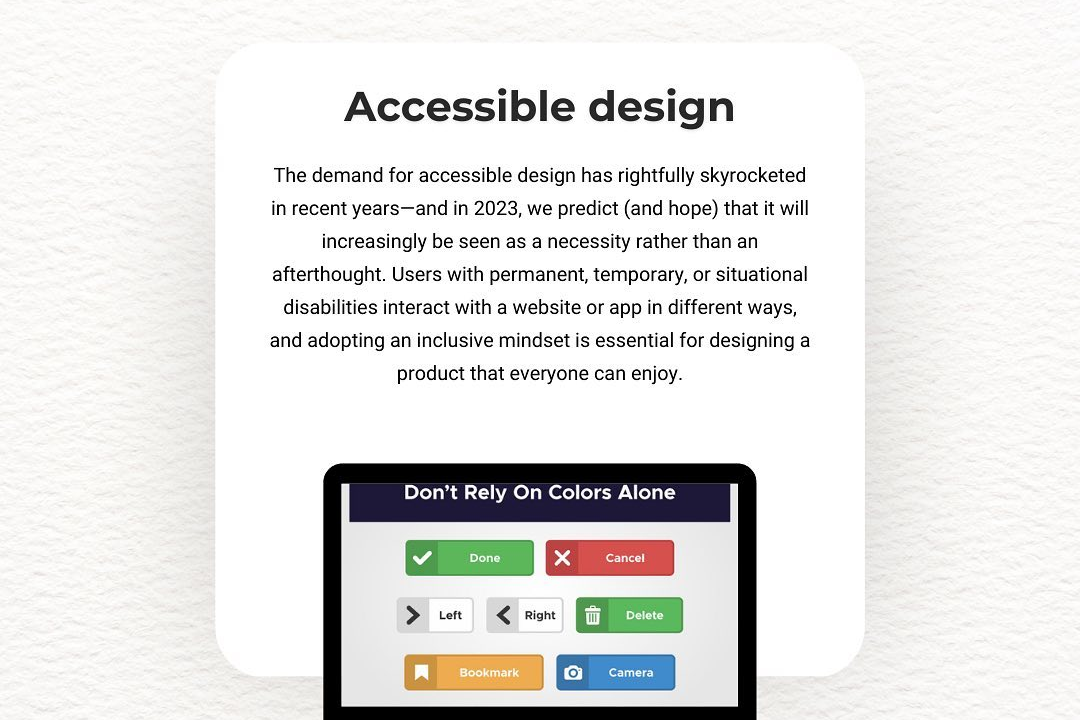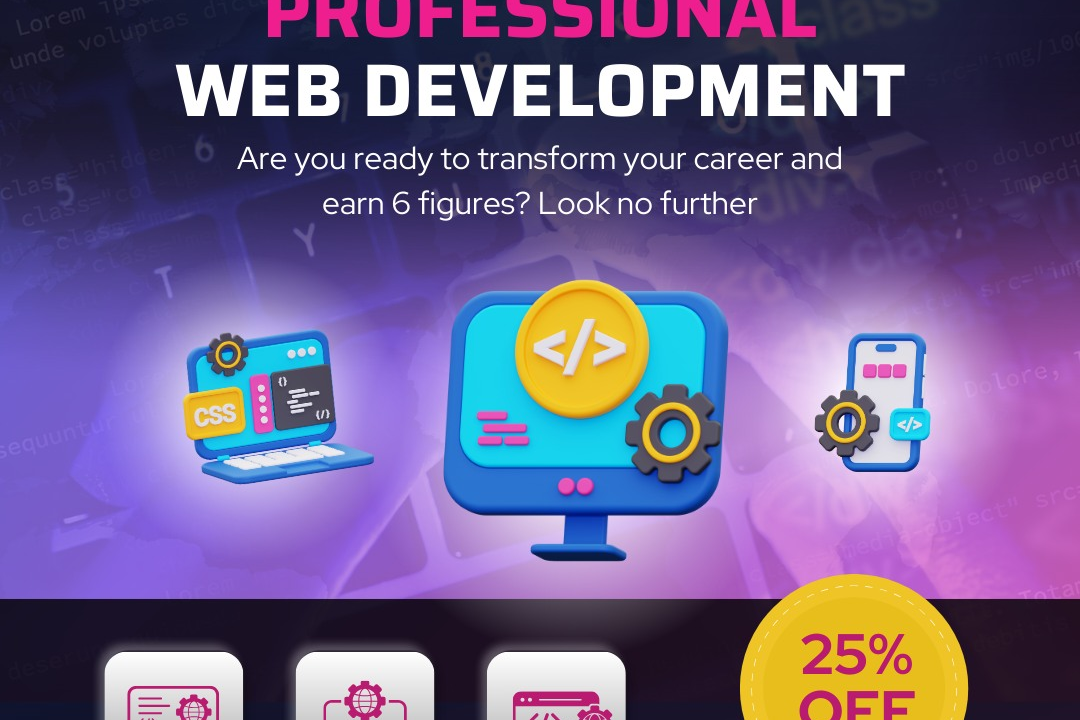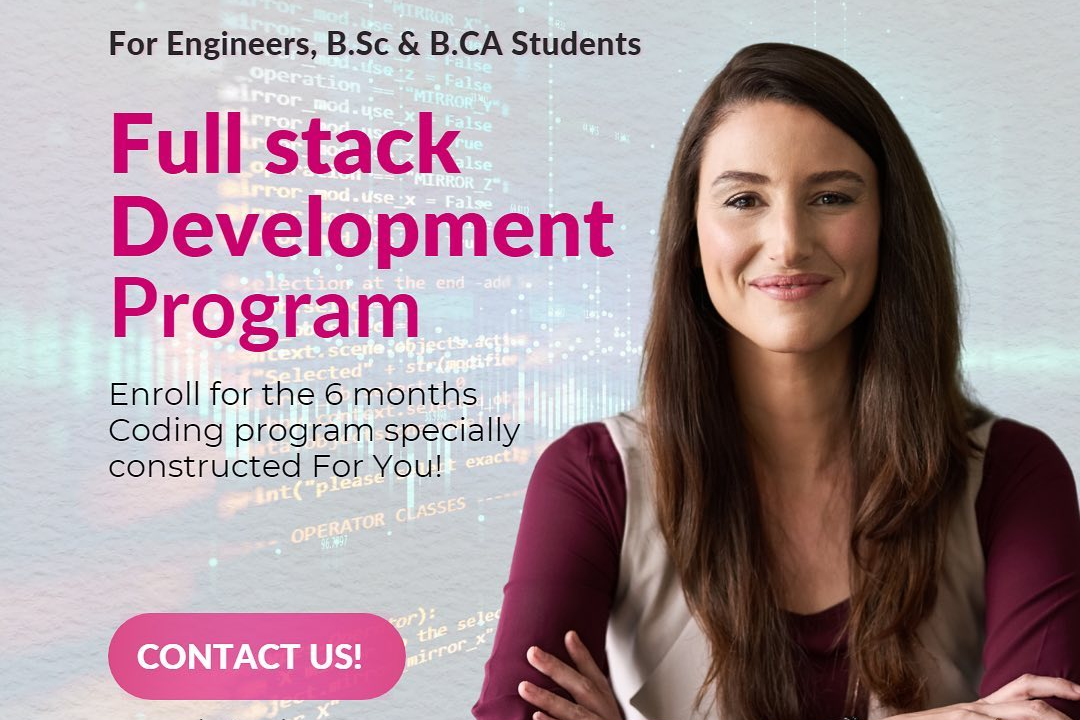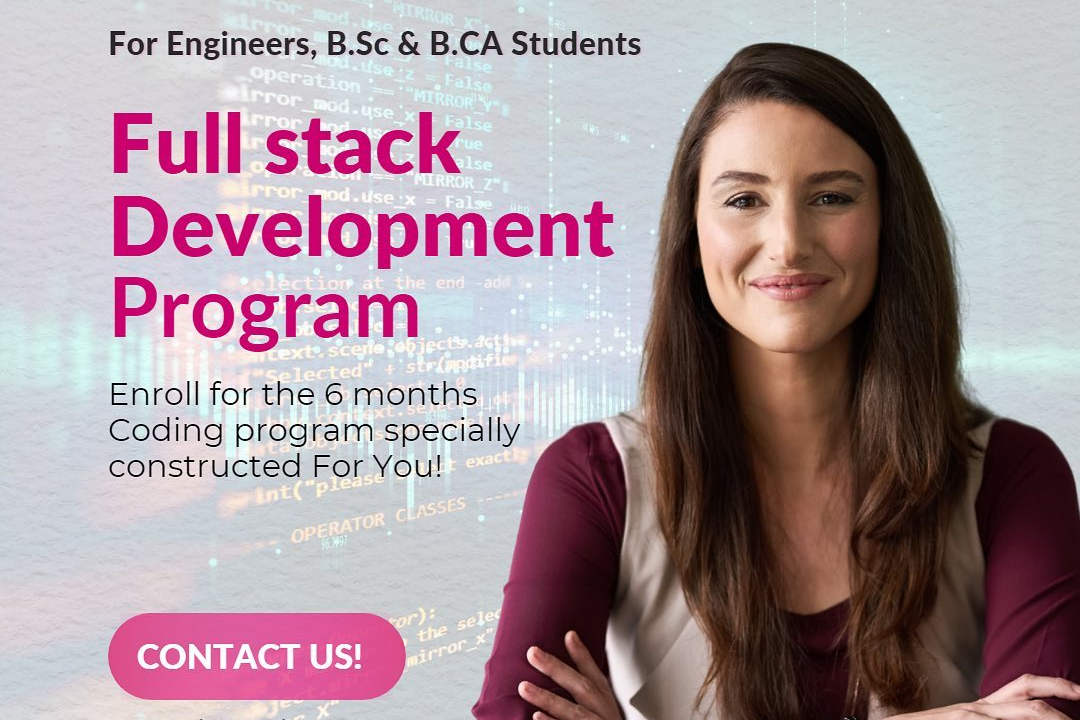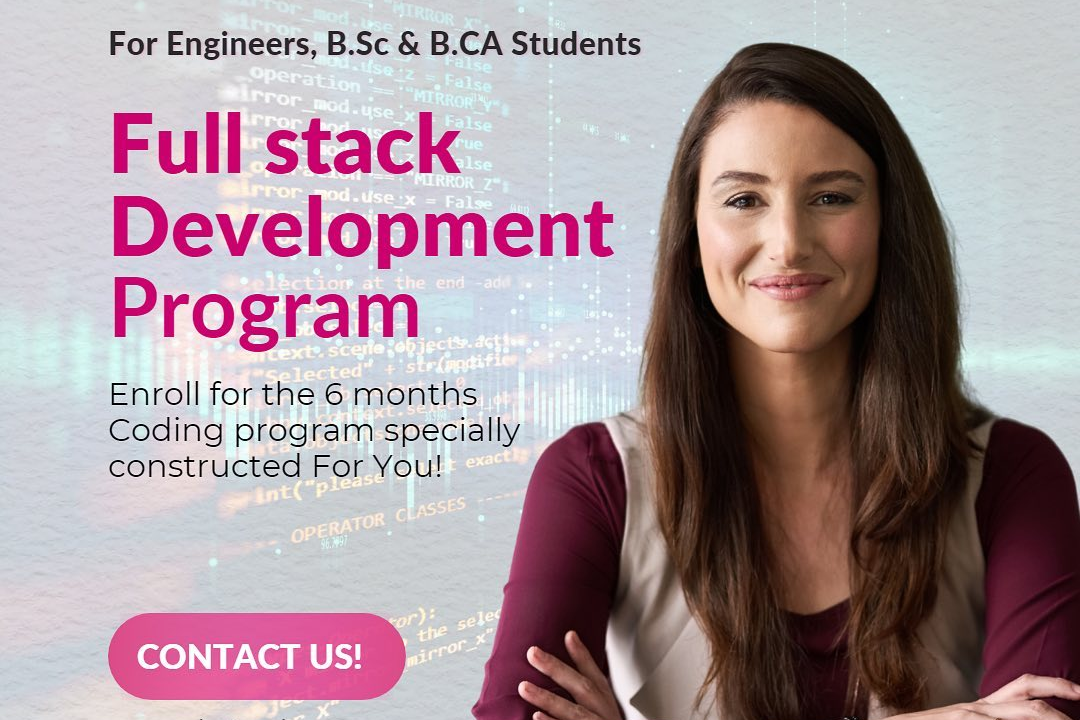Android Course Structure Malda
Comprehensive Android Course Curriculum for Malda
Android Course Structure Malda
The Android course structure in Malda typically encompasses a comprehensive curriculum designed to equip students with the essential skills needed for Android app development. It generally includes foundational topics such as Java or Kotlin programming, Android Studio setup, user interface design, and layout management. Students delve into components like Activities, Fragments, and Services, as well as database management with SQLite and Firebase. Additionally, the course often covers practical aspects such as API integration, debugging techniques, and best practices for app performance and security. Hands-on projects and real-world applications are emphasized to enhance practical exposure, preparing students for careers in mobile development. Students may also have opportunities for internship experiences to gain industry insight.
To Download Our Brochure: https://www.justacademy.co/download-brochure-for-free
Message us for more information: +91 9987184296
1 - Course Introduction: An overview of mobile application development, specifically focusing on Android as the leading mobile OS, its market share, and career opportunities in the field.
2) Prerequisites: Information on basic programming knowledge required, such as familiarity with Java or Kotlin, understanding of object oriented programming concepts, and basic computer science fundamentals.
3) Development Environment Setup: Guidance on installing and configuring Android Studio, Android SDK, and necessary plugins. This will include steps for setting up emulators and physical devices for testing.
4) Understanding Android Architecture: A detailed explanation of the Android operating system architecture, including the Linux kernel, Android runtime, libraries, and application framework.
5) User Interface Design: Training on creating user interfaces using XML layouts, understanding view components, and applying Material Design principles to enhance user experience.
6) Activity Lifecycle: In depth study of the Android activity lifecycle, focusing on the states and transitions of an application and best practices for managing them.
7) Intents and Intent Filters: Explaining the concept of intents for component interactions, how to pass data between activities, and how to define intent filters for app components.
8) Fragments and Navigation: Introduction to fragments, their lifecycle, and how to use them for building dynamic user interfaces. Covering navigation patterns and implementing the Navigation Component.
9) Data Storage Options: Overview of different data storage methods in Android, including Shared Preferences, SQLite databases, Room Persistence Library, and file storage.
10) Networking in Android: Teaching network operations, making API calls using libraries like Retrofit and Volley, and handling JSON data parsing and responses.
11) Background Tasks: Understanding how to perform background operations using AsyncTask, Services, WorkManager, and the importance of threading in Android.
12) Security Best Practices: Covering security considerations such as code obfuscation, handling sensitive data, using HTTPS, and securing API keys to protect applications.
13) Publishing to Google Play Store: Step by step guidance on preparing apps for release, including versioning, creating signed APKs, and submitting applications to the Google Play Store.
14) Testing and Debugging: Techniques for testing Android applications using JUnit and Espresso, and effective debugging strategies using Android Studio's built in tools.
15) Capstone Project: A final project where students apply their knowledge to build a complete Android application, from conception to deployment, showcasing their skills.
16) Guest Lectures and Workshops: Opportunities for students to attend sessions from industry professionals to gain insights into the real world applications of their skills and current trends in mobile development.
17) Career Guidance and Support: Offering resume building, interview preparation, and job placement assistance to help students transition into the workforce after completing the course.
This structured approach ensures a comprehensive understanding of Android development, equipping students with the necessary skills to thrive in the mobile app development industry.
Browse our course links : https://www.justacademy.co/all-courses
To Join our FREE DEMO Session: Click Here
Contact Us for more info:
- Message us on Whatsapp: +91 9987184296
- Email id: info@justacademy.co
java j2ee training institutes in chennai
Flutter Development Course in Kolkata

